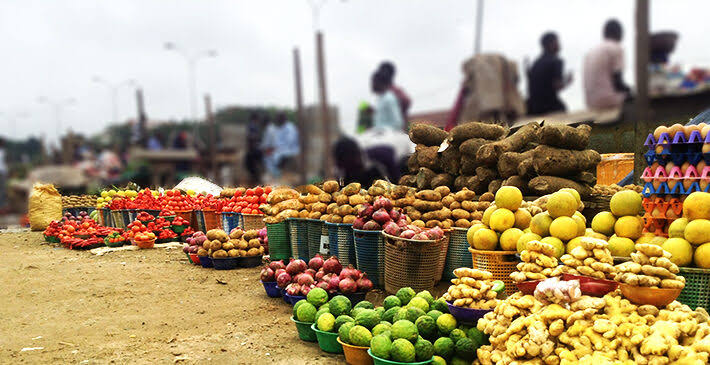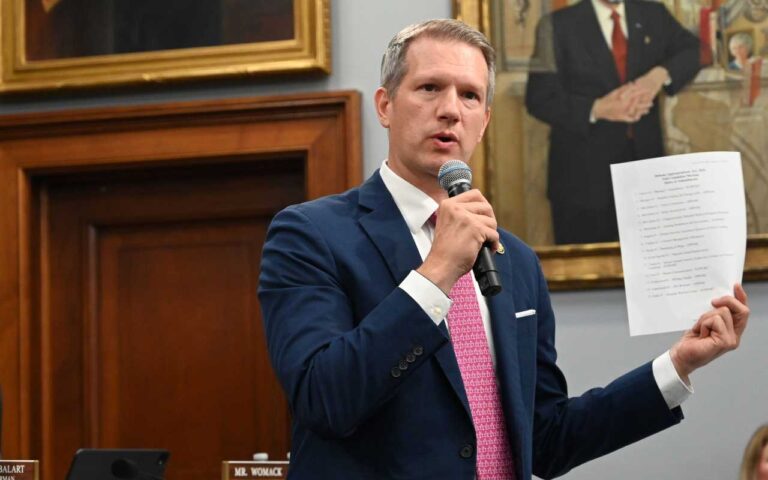
The National Agricultural Land Development Authority (NALDA) is implementing initiatives aimed at addressing Nigeria’s food security challenges and empowering smallholder farmers. Originally established in 1992 and revitalized in 2020, NALDA is focused on utilizing Nigeria’s rural land for agricultural production. The effectiveness of NALDA’s approach in achieving sustainable improvements in food security and farmer empowerment remains to be seen.
Under the leadership of Executive Secretary Cornelius Adebayo, NALDA has launched four key initiatives: the Renewed Hope Restoration Project, the Renewed Hope Mega Farm Estates, the Green Hope Project, and the Aqua Hope Project. These projects are designed to boost food production, provide resettlement opportunities for displaced farmers, and generate employment within the agricultural sector. The actual impact of these projects on food production and employment levels requires further evaluation.
The Renewed Hope Resettlement/Estate initiative aims to address farmer-herder conflicts by providing displaced farmers with agricultural inputs, security, and logistical support. The extent to which this project effectively resolves farmer-herder conflicts and restores livelihoods needs to be verified.
NALDA introduced the Aqua Hope Project to promote sustainable fish farming practices. Complementing this, the Green Hope Project promotes the adoption of modern greenhouse farming techniques and the utilization of solar-powered irrigation systems. By establishing greenhouse clusters in major urban centers, NALDA aims to decentralize food production, enhance local availability, and encourage the development of export-driven agricultural ventures. The economic viability and sustainability of these greenhouse clusters remain to be demonstrated.
See more: Three Missing US Soldiers have been Found Dead in Lithuania.
NALDA’s hub-and-spoke model is designed to ensure that smallholder farmers have access to resources, training programs, and markets, while attracting private sector investment into the agricultural value chain. The agency collaborates with state governments, agricultural cooperatives, and industry stakeholders to enhance agricultural productivity and foster economic inclusion for rural communities. The success of this model in attracting private investment and improving smallholder farmer incomes needs to be assessed.
By implementing these agricultural reforms, NALDA aims to increase Nigeria’s food production and foster economic stability, job creation, and national security through food self-sufficiency. The long-term impact of NALDA’s initiatives on food security, economic stability, and job creation will depend on sustained commitment and effective implementation.



